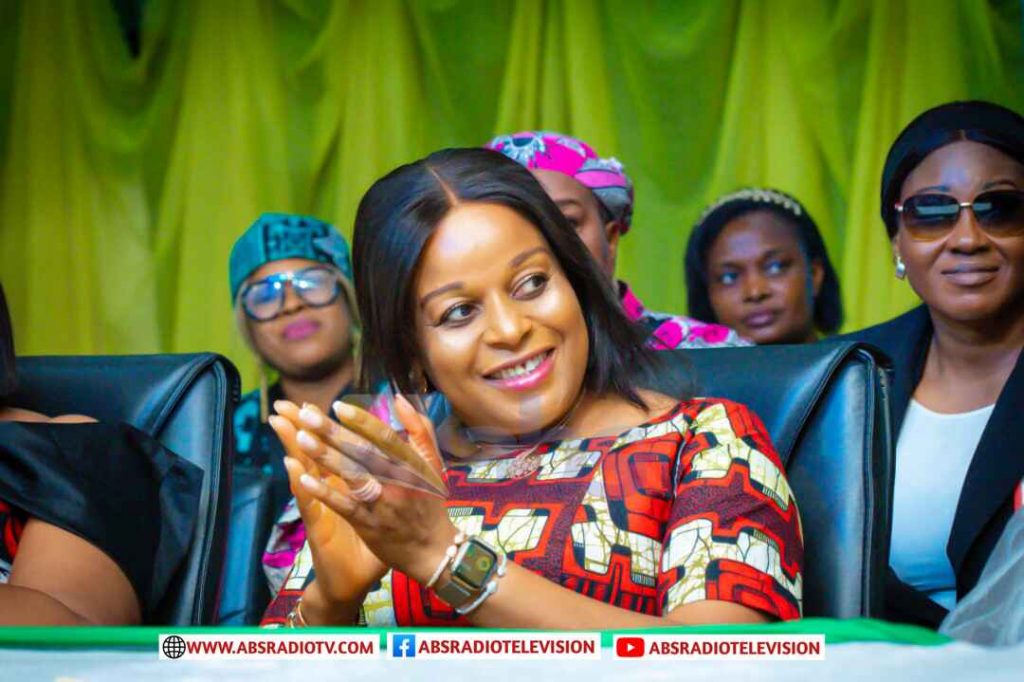According to the wife of Anambra state Governor, Mrs. Nonye Soludo, women occupy an important space in the heart of nature and humanity and have remained a light that illuminate homes and blessing to the society.
Mrs Soludo believes that being a woman instills high sense of responsibility, care, passion and industry that drive the tide of existence.
She stressed the need to protect and promote the rights , aspirations and dignity of women and the girl child and collectively tackle challenges that limit women from attaining their full potential in life, including gender inequality, lack of economic opportunities, inadequate empowerment, inadequate legislations protecting women, educational barriers and gender based violence.
Mrs Soludo said this will help to harness the unique talents of women, promote values of equity and inclusiveness.
In Nigeria today, women face many challenges and discriminatory practices entrenched by existing laws and customs of various communities as well as influence of some religious belief and precepts. Women’s rights are part of the fundamental human rights that are recognized in the international human rights
treaties, the Nigerian Constitution and local legislations.
Unfortunately, while Nigeria has acceded to a number of international instruments on the promotion and protection of women’s rights, women are yet to fully realize their rights.
Promotion of women rights will enable them overcome barriers to equality, social justice and sustainable economic empowerment.
That is why promotion of human rights should be at the centre of economic, social and environmental policymaking at all levels of government to provide economic, legal, and political frameworks that promote gender equality.
It is important to stress that gender inequality starts in the families and communities with discriminatory practices that undermine the rights of women and girls to education, work, economic independence, property, inheritance, and full participation in society, as well as ability to make their own decisions.
These factors if unchecked will continue to hinder economic and social inclusion throughout their lives.
That is why Mrs Soludo should be commended and supported in her sustained drive towards adequate empowerment of women to be self reliant and build self esteem.
She has equally continued to promote healthy lifestyle in various families through her programme, “Healthy Living With Nonye Soludo.”
Today she is targeting to domesticate the organic garden programme in all the households and local government areas in Anambra State to among things crash rising food prices, grow sufficiency and promote healthy consumption.
Mrs Soludo is also not relenting in protecting women from all forms of abuse and violence to give them stronger voice and presence in the society.





Be the first to write a comment.